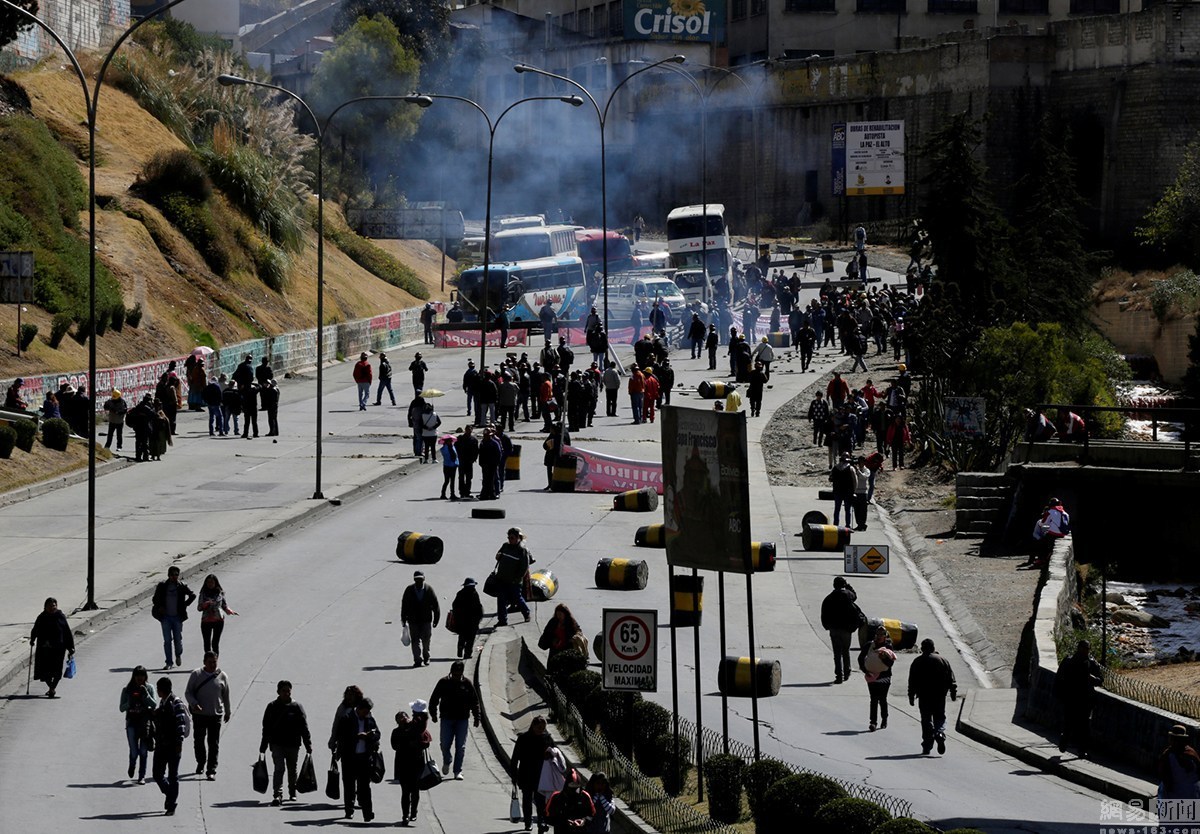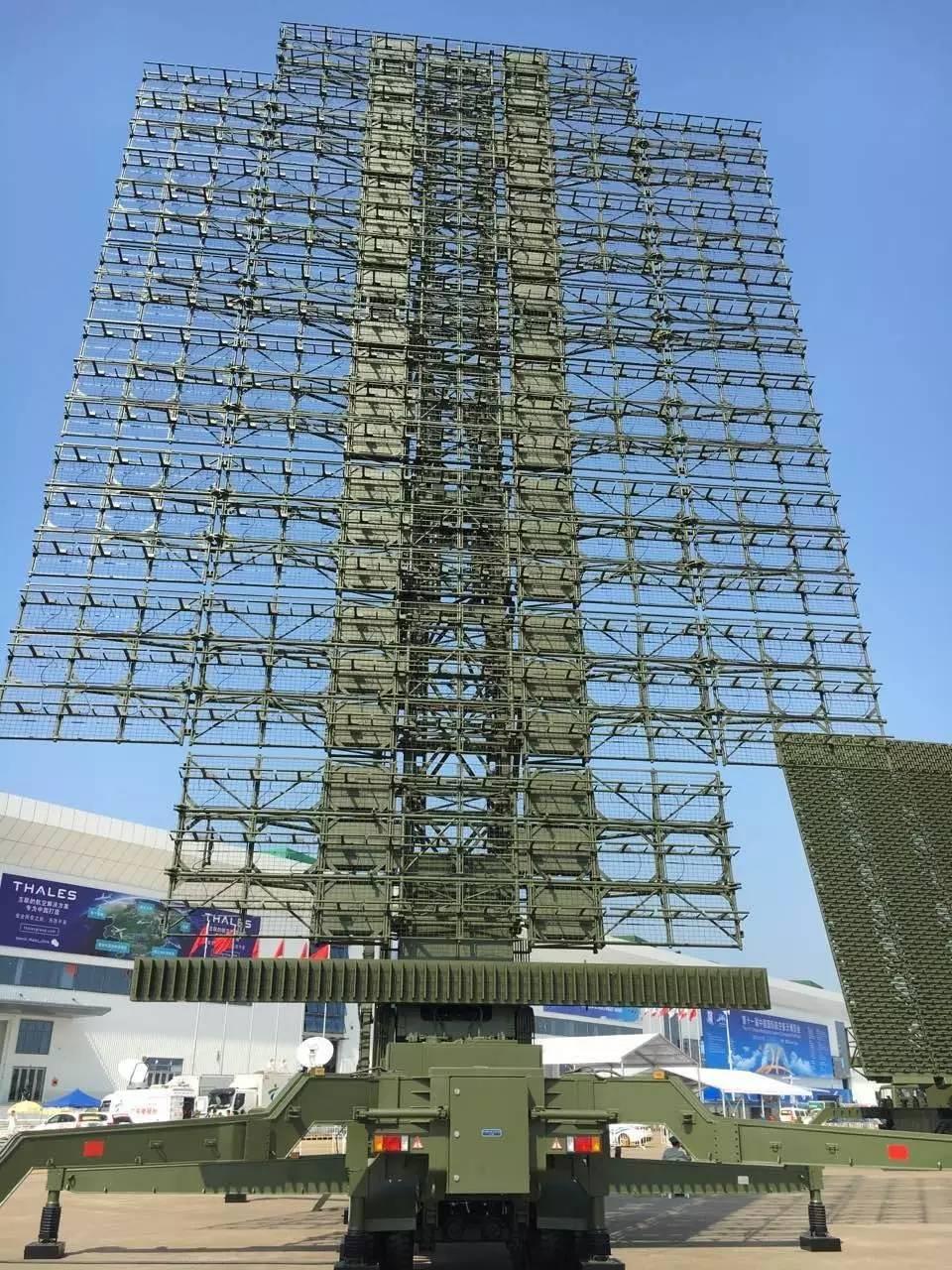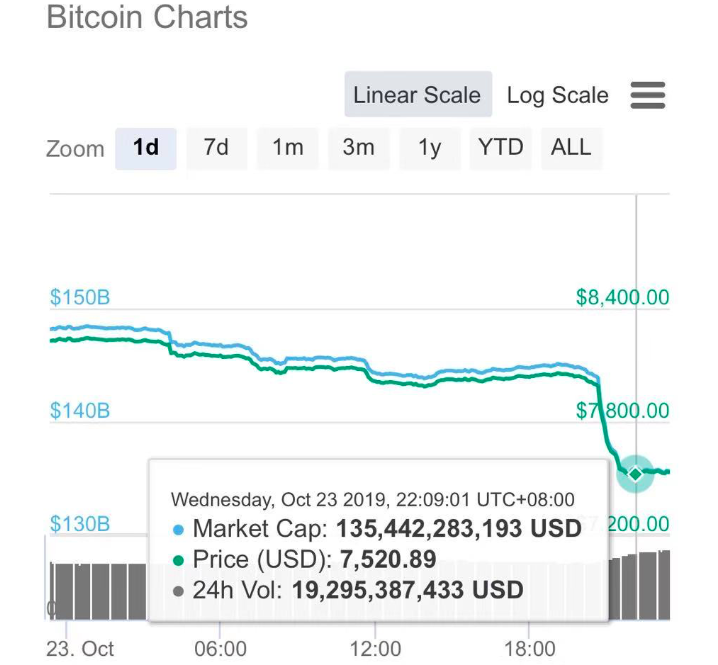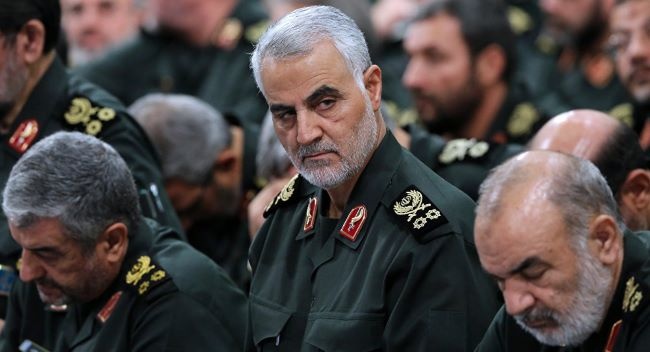
(picture source:搜狗图片)
All this, of course, is semi-public because of america's hostile relationship with Iran, which has not been hyped up. Syria's decision to derail the U.S. final plan to topple Assad was undermined by Russia's troop deployment. It has become an irreversible fact that Iranian military forces have long pushed straight into the Israeli border. After long periods of israeli warplanes bombing Iranian targets in Syria, it did not bear the effect. What the United States and Israel called the goal of getting Iranian military forces out of Syria is clearly hard to achieve.
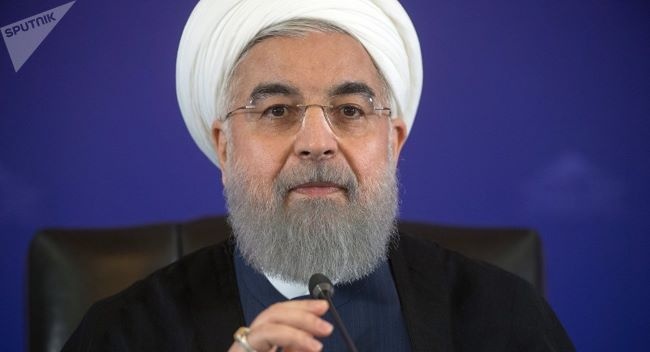
That's why a secret deal between the Obama administration and Iran can be reached. This culminated in a strategic agreement on the Iran nuclear agreement. Behind all this is because the United States needs Iran's full support on Iraq. Of course, Iran is also willing to cooperate with the United States on this issue.
But the danger is that, if not handled properly, it is likely to make a difference in iraq's already stable picture. Without Iran's support, the U.S. wants to play alone in Iraq, and I'm afraid there's not much room for operation right now. What's more, Iraq's Sunnis are inextricably linked to the former Saddam regime and IS, and the United States is determined to play with fire again?
Iran has had ties to many Iraqi officials hostile to Saddam Hussein, and it has made a huge impact in the country by exploiting its ties and the institutional and security vacuum left by the Americans. Despite the revelations, many military and political officials reported to different Iranian departments about their dealings with U.S. officials. (Editor's note: Some have described the leak as compared to Snowden, a former US security agent. The leaks include several meetings between U.S. Ambassador Stuart Jones and Salim Al-Jabbri, then president of Iraq's National Assembly, during the formation of the new government in 2014 and 2015. Leaked documents show that one of Jabouri's advisers reported the conversations to the Iranian authorities. Even hinted at the Iranian embassy in Baghdad.
Judging from what is happening in Iraq, it is not entirely clear to what extent the United States is trying to achieve. But it is far from enough for the U.S. foreign strategy to completely exclude Iranian influence in Iraq or let the whole of Iraq go completely hostile to Iran, or even another Iran-Iraq war. But judging by the contents of the so-called leaky documents in the American media and what is happening in Iraq, it is clear that the United States is preparing to do so.
During 2014-2015, the government of Iraqi Prime Minister Nouri al-Maliki was almost entirely committed to the Iranian cause, if not. According to one document, the Ministry of Municipalities, Communications and Human Rights is "completely harmonious" with the Islamic Republic of Iran. In addition, the Ministers of Transport, Oil, Foreign Affairs, Health, Labour, Youth and Higher Education have a "special relationship" with IIAs and are loyal to, or more favourable, to IIAs.
The US newspapers The Intercept and the New York Times published thousands of secret Iranian documents confirming their authenticity. This is in the extreme tension between the Iraqi people's protestagains against the lack of public services and the protests by some against Iran's interference in Iraq. In more than a month of violent demonstrations that have killed hundreds of people, these exposures could plunge the country back into an uncontrollable cycle of violence.
In an encrypted message sent to the editors, the leaking anonymous source said he wanted to "let the world know what Iran is doing in Iraq." If it were not the secret that Iran was trying to assemble Iraq into its sphere of influence, from Tehran to the Shiite arc of Beirut, these revelations would illustrate Iran's function and scope. This company. A U.S. military report also acknowledged Iran's attempts to influence its western neighbors, saying, "Ultimately, a strong and expansionist Iran appears to be the only winner in Iraq." "
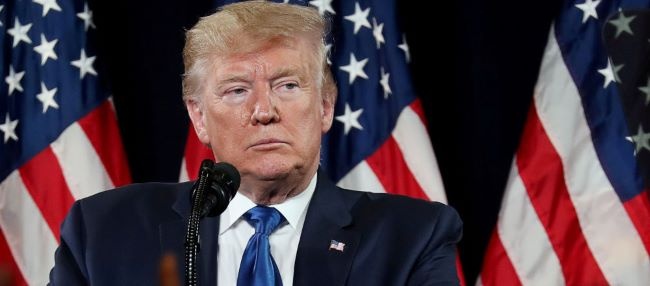
Russian satellite channel French channel published the French-based journalist Hakeem Salek article, the U.S. media recently published a large number of secret documents leaked, these documents show their influence in Iraq. In a particularly tense environment, many Iraqis have condemned Tehran's interference with their country. This could have disastrous consequences for the security situation in Iraq and Iran.
Iran has also benefited from the dismantling of U.S. institutions in Iraq, including the recruitment of informants who lost their jobs and had no income after the U.S. military began to reduce its presence in Iraq. According to documents obtained by The New York Times and The Intercept, for example, an American recruited an agent in the name of "Donnie Brasco" who was spending money on Iranian salaries and feared being killed for being close to the Americans. The source reportedly provided the Iranians with cia hideouts in Iraq, as well as other surveillance technology and military equipment. The CIA declined to be reached for comment.
